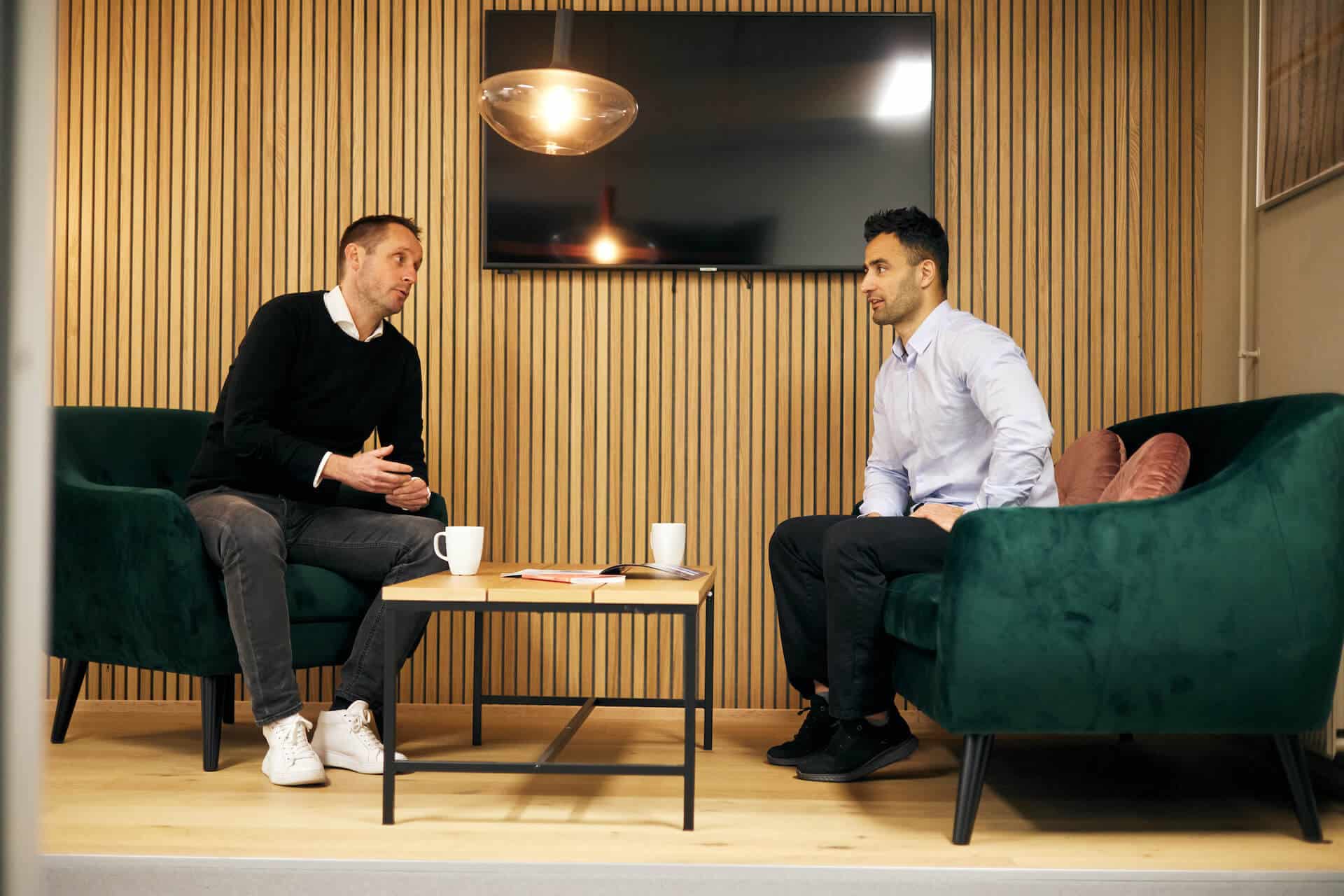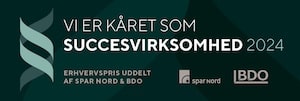See submenu
Recruitment of employees
Effective recruitment is critical to business success and HR’s strategic role.
A good recruitment process reduces costs and increases employee engagement and retention.
Front page › We offer › Recruitment of employees
Recruitment of employees
Recruiting employees is one of HR’s most important tasks.
It’s where we create the future of the company by finding the employees and putting together the teams that will carry the organization forward.
And it’s when we recruit that HR really has to live up to its responsibility of being management’s strategic partner by cultivating the skills that deliver on the strategy.
Yet recruitment often goes wrong.
This is evidenced by the fact that 25% of new hires leave their position within the first year.
And that’s costly. On average, it takes 6.2 months for a new employee to reach break-even, the point where revenue exceeds the cost of employing them. It’s no coincidence that the cost of losing an employee within the first year is typically between 150-200% of their annual salary.
So there’s a lot of money to be made by being just a little better at recruiting.
In addition to a good recruitment process makes employees stay longer, it also makes them more engaged and equips them to become ambassadors for the company.
New revised E-book - How to have a great job interview
Employer branding has been one of the most talked about concepts in HR and management over the past few years.
And with good reason.
A strong employer brand is crucial to your ability to attract and retain talented employees.
We’ve written an e-book about it.
Thorough recruitment process
Successful recruitment requires thorough preparation.
That’s how short it can be said.
Yet there’s a strange tendency to reuse the job posting from last time – even though a completely different profile is needed for a job that has evolved significantly since the last person was hired.
For us at Garuda, recruitment begins with a job requirements analysis.
It determines what skills the job requires, what profile will fit the job and who the new employee will be working with – both internally and externally.
Then we move on to the job posting, interviews, rejection and hiring, onboarding and long-term development of the employee.
All these steps must be taken into account in the job requirements analysis – and must be done with a firm focus on the company’s strategy.

An important step in any recruitment process is to be aware that the new hire is not just signing a physical contract with you.
He is also signing a psychological contract, which should include everything you agree on during the interviews.
And which must also eventually match the agreements you make in the recruitment phase.
Successful recruitment is a multi-layered process and there are many details you need to pay attention to.
This may be one reason why some recruitments have room for improvement.
Recruitment with profile tools from Garuda
At Garuda, we have specialized in mastering the difficult art of recruitment for 40 years.
We do this by following the steps outlined in the last section and by always using profile tools.
Garuda’s profile tools are developed in Denmark and are specifically designed for the Danish labor market and the way we conduct management in this country.
We also operate with several different types of profile tools and recruitment tests aimed at both the hourly worker and the highly skilled specialist – and everything in between.

We have the Basic Profile, Focus Profile and Competence Profile, which increase in size and depth.
The profiles can be further enriched with logic testing and an onboarding module that recommends how new hires and their line managers can make the hire a success.
Our profile tools can make you even better at recruiting.
Of course, you decide whether you want to use the profile tools exclusively, whether you want consulting help for job interviews, or whether you want us to put together a complete recruitment strategy for you, ranging from job interviews to onboarding and employee development.
The strategy can also include the e-recruitment system JobMatchProfile.




